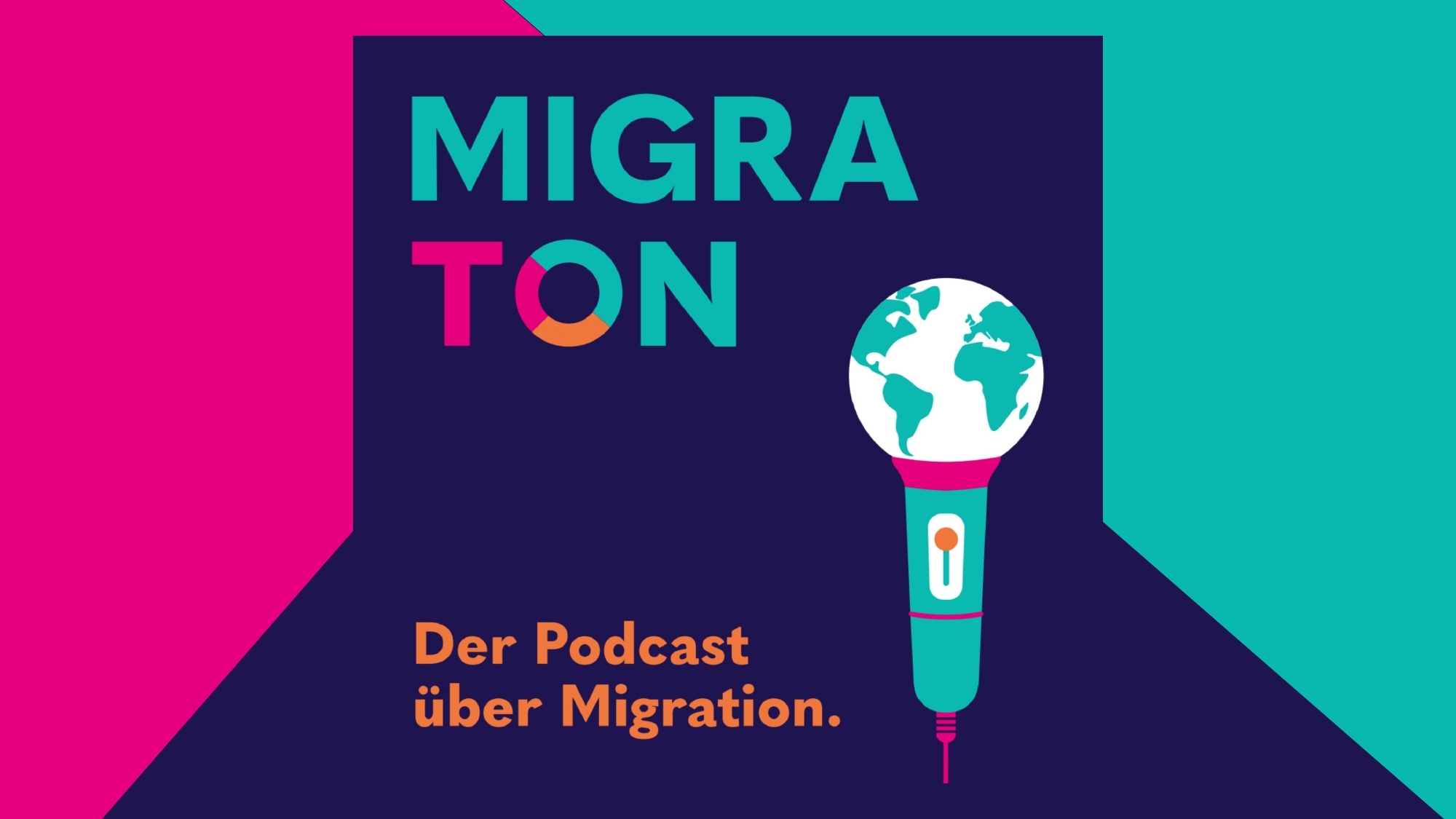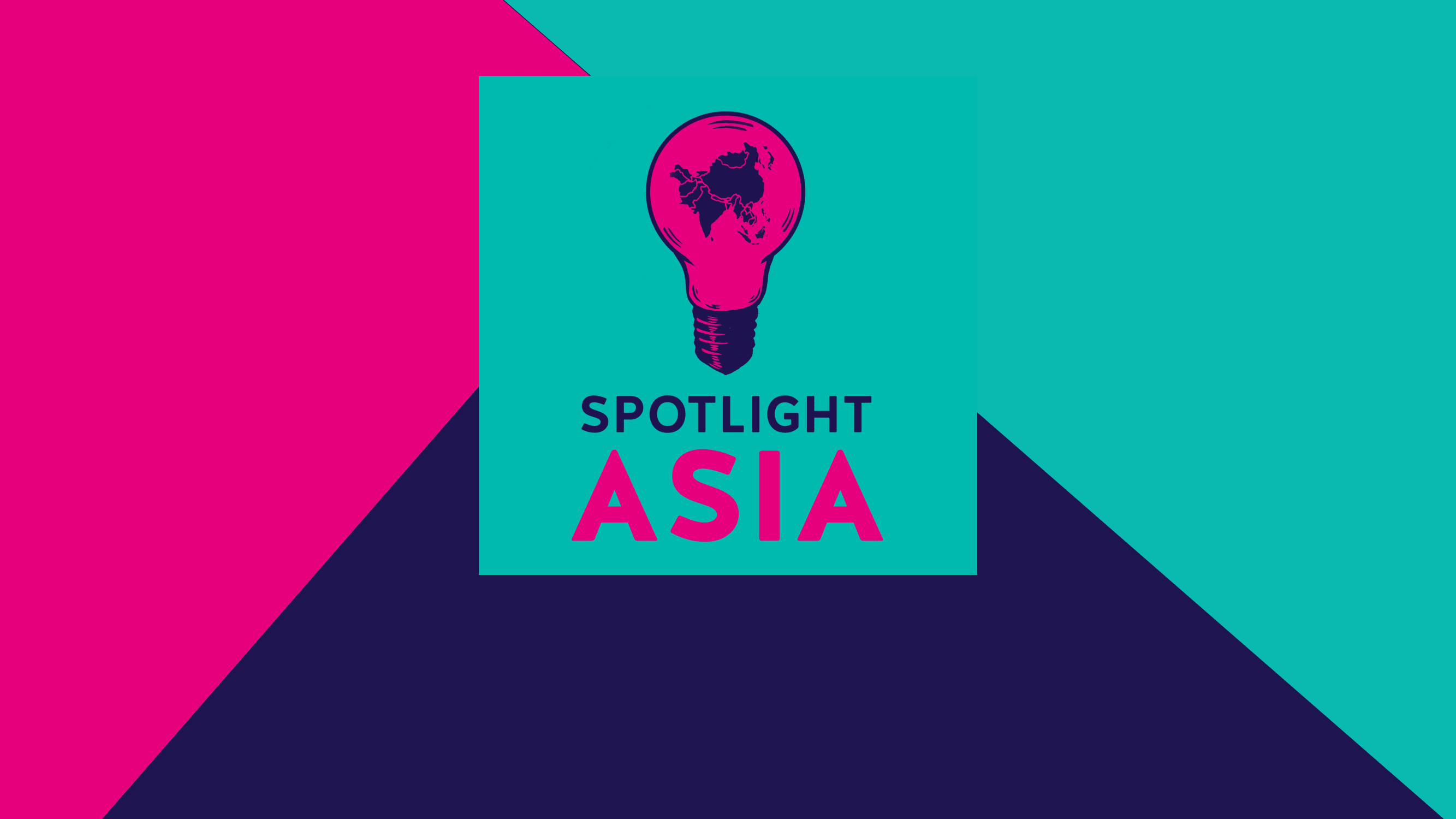Revisiting Feminist Foreign Policy: Exploring Sweden’s Journey and the Power of the ‚F‘-Word
In 2014, Sweden made history by becoming the first country to officially declare its foreign policy as feminist. Guided by the principles of resources, rights, and representation (the three Rs), Sweden’s feminist foreign policy aimed to promote gender equality on the global stage. The country’s leadership in this area was further demonstrated during its tenure as a non-permanent member of the UN Security Council from 2017 to 2018, where it actively worked to mainstream feminist perspectives in international politics. However, following the September 2022 election, the announcement of the end of feminist foreign policy raised questions about the necessity and impact of using the term „feminism“ in driving transformative change.
With this event, we aim to critically examine the concept of feminist foreign policy, with a specific focus on Sweden’s experience, in order to explore the meaning and significance of the „F“-word. By bringing together diverse perspectives and expertise, we seek to foster a nuanced understanding of the challenges, opportunities, and implications associated with feminist foreign policy. Ultimately, we aim to consider whether the label „feminism“ is essential for driving paradigm shifts in foreign policy.
Among other things, we want to get to the bottom of the following questions: What does the „F“ in feminist foreign policy truly signify? How has Sweden’s feminist foreign policy approach shaped its diplomatic engagements and global influence? What lessons can be learned from Sweden’s experience in implementing feminist foreign policy? How can these lessons inform future approaches to advancing gender equality in foreign policy?
We are happy to welcome
Ann Towns: She is professor of political science at the University of Gothenburg and a Wallenberg Academy Fellow. She directs the gender and diplomacy program, with generous funding from the Knut and Alice Wallenberg Foundation, the Swedish Research Council and the Norwegian Research Council. Her work on diplomacy was awarded a Bertha Lutz Prize from the International Studies Association in 2018. Towns is author of Women and States: Norms and Hierarchies in International Society (2010, Cambridge University Press) and co-editor of Gendering Diplomacy and International Negotiation (2018, Palgrave) with Karin Aggestam. Her research has also appeared in journals such as International Organization, European Journal of International Relations, International Studies Quarterly, Review of International Studies, Cooperation and Conflict and in many other venues. She is the P.I. of an extensive report on the implementation of the Swedish Feminist Foreign Policy that was launched in fall of 2023.
Please register using the form on this page. Shortly before the meeting, we will send you the zoom link at the email address provided.
Polis180
This event is organized by Polis180’s program Gender and International Politics.
Polis180 is a grassroot think tank for foreign and European policy. It was founded in June 2015 by a group of committed young people with diverse backgrounds and political standpoints. We now count over 600 association members. We aim to be the most innovative think tank and talent factory of and for young experts and enable them as an inclusive platform to significantly influence foreign and European policy decisions. With our projects, we offer young people the opportunity to formulate and specify their political demands and to present them to decision-makers.
Contact
Lara Franken (she/her) – Head of Program Gender and International Politics (lara.franken@polis180.org)
Organizers
Lara Franken
Sophie Domres
Fabia van Melis
Buchungen sind für diese Veranstaltung geschlossen.

